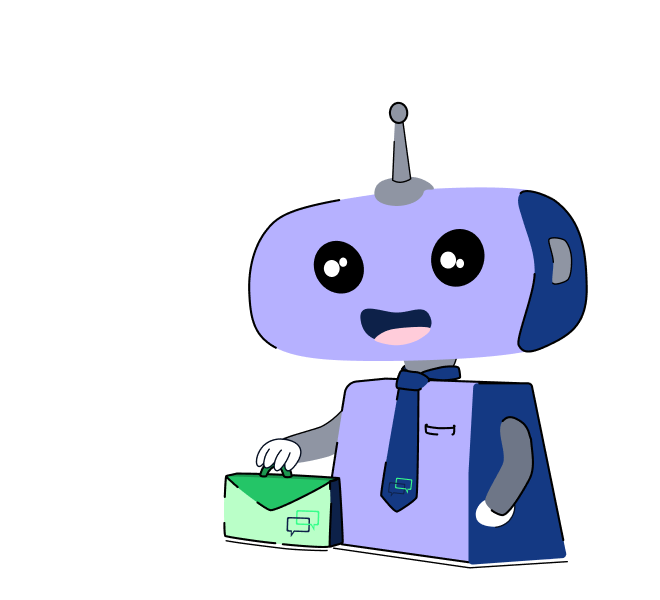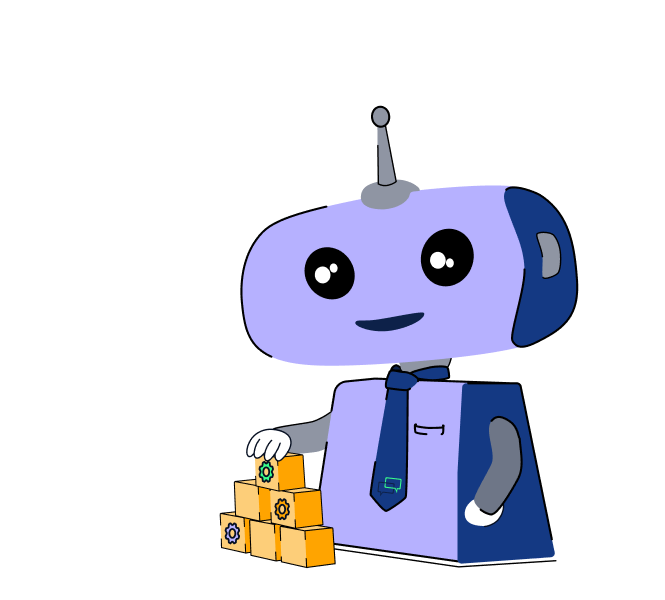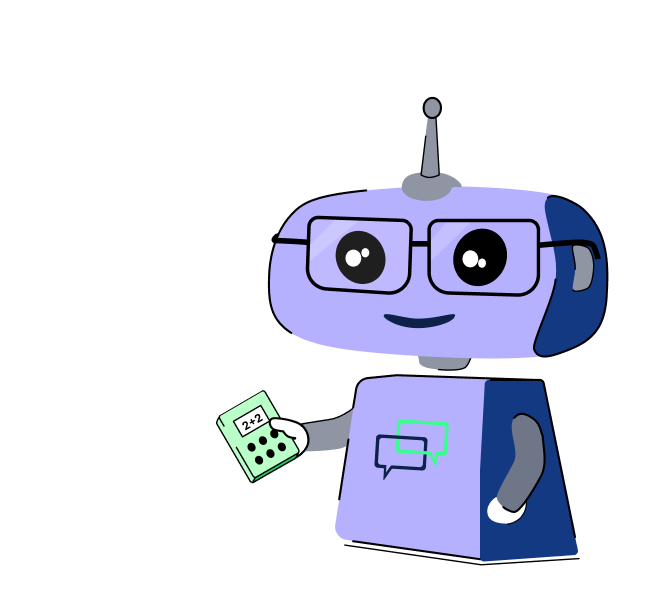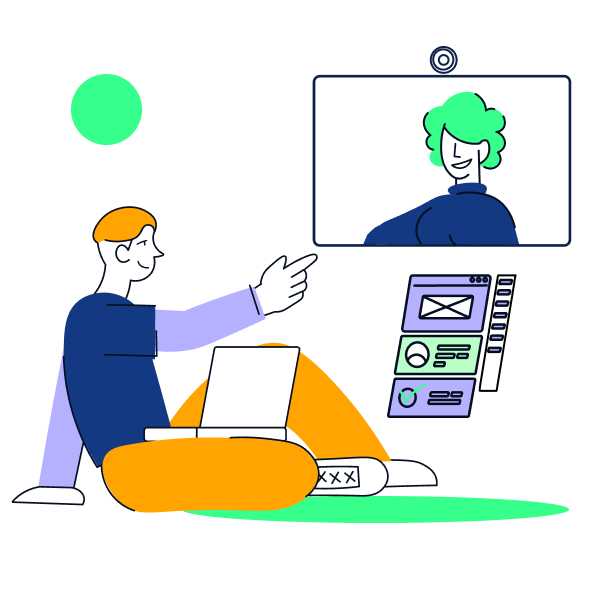The Case Interview Basics cover step by step everything you need to know for successful case interviews. You’ll learn general information about case interviews, how to develop essential consulting skills, the different types of cases, and how to solve cases in a structured way.
Next, you’ll discover how to use frameworks effectively and confidently handle the key calculations in cases. The Management Theory & Terms section provides a compact collection of core concepts. Finally, we give you tips on how to apply what you’ve learned in peer-to-peer meetings ‒ for realistic practice and greater confidence in interviews.
This guide is the complete starting point for anyone looking to master case interviews and launch their consulting career.



